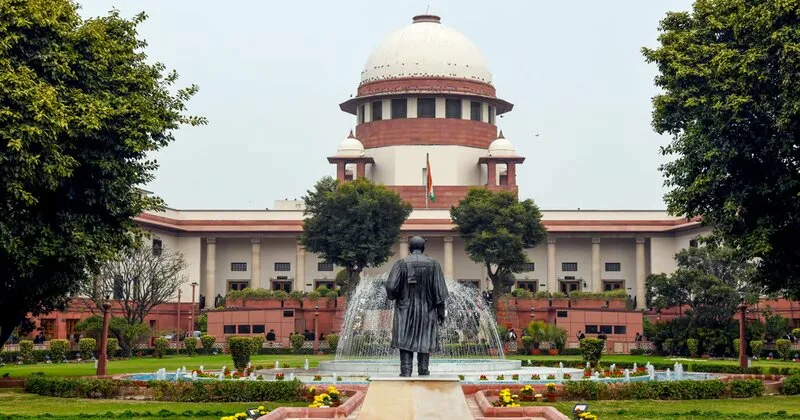
The Supreme Court ruled on Wednesday that domicile-based reservations for postgraduate medical admissions within state quotas violate the right to equality under Article 14 of the Indian Constitution. A Bench comprising Justices Hrishikesh Roy, Sudhanshu Dhulia, and SVN Bhatti emphasized that admissions must be based purely on merit. The court stated that since all citizens share a national domicile, restricting access to higher education based on state residency is unconstitutional. While reservations in MBBS courses may be allowed in certain cases, extending them to postgraduate levels on the basis of residence is impermissible.
The ruling came in response to a 2019 reference made by a two-judge Bench regarding appeals against a Punjab and Haryana High Court decision concerning postgraduate admissions at Government Medical College and Hospital, Chandigarh. The High Court had struck down certain provisions in the college prospectus that provided domicile-based reservations under the UT Chandigarh Pool. Senior Advocate Nidhesh Gupta, representing private respondents, argued that such reservations were unconstitutional, a stance that was ultimately upheld by the Supreme Court.
However, the Supreme Court clarified that the judgment would not impact reservations already granted under the residence-based category. This decision is expected to have significant implications for state policies on medical education, reinforcing merit-based admissions while limiting domicile-based preferences in postgraduate courses.

Post Your Comments